The answer to censors must always be ‘dare to know’

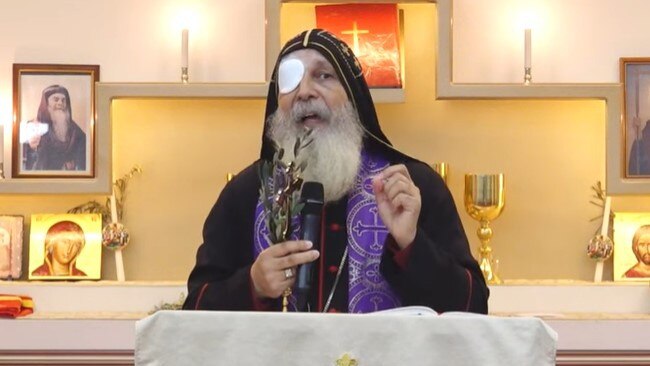
The order, which is being challenged, has many contentious aspects, including its global reach. But it is not easy to piece together the grounds on which it was secured. The affidavits the eSafety Commission filed are not publicly available, nor has Justice Kennett issued reasons for his decision.
All there is to go on, beyond the assertion that the material is violent – as one would expect any stabbing to be – is the commissioner’s claim that it could provoke “division and fear”, instead of “solidarity and social cohesion”.
That claim is ill-conceived. As Ramesh Thakur has argued on these pages, it is hardly irrational or undesirable for Australians to fear Islamist terrorism; on the contrary, heightened vigilance would help prevent similar attacks, strengthening, rather than undermining, the nation’s safety, security and stability.
But even putting that aside, the commissioner’s belief that material should be quashed if it could, however speculatively, harm “solidarity and social cohesion” must raise questions about the bounds of the commission’s role – questions Kant would find depressingly familiar.
The great philosopher is primarily remembered for revolutionising epistemology, ethics and aesthetics; his contribution to the debate about censorship was, however, every bit as far-reaching.
The issue was a burning one. Contrasting what could be published in Berlin with Vienna, Paris and Copenhagen, Gotthold Ephraim Lessing, Kant’s polymathic contemporary, concluded that Prussia’s Frederick the Great ruled over “the most enslaved land in Europe”.
To make things worse, Frederick was soon to be succeeded by Frederick William II, whose first edict, issued in 1788, guaranteed freedom of conscience for the Prussian subject – “so long as he carefully keeps any peculiar opinions to himself”.
Given free rein, Frederick William believed, the “Aufklarer” (Enlighteners) would destroy “certain prejudices” on which Prussia’s social cohesion rested. Teaching peasants to read was “commendable and useful”; but “opening their eyes (and) making them discontented through too much enlightenment is truly destructive”.
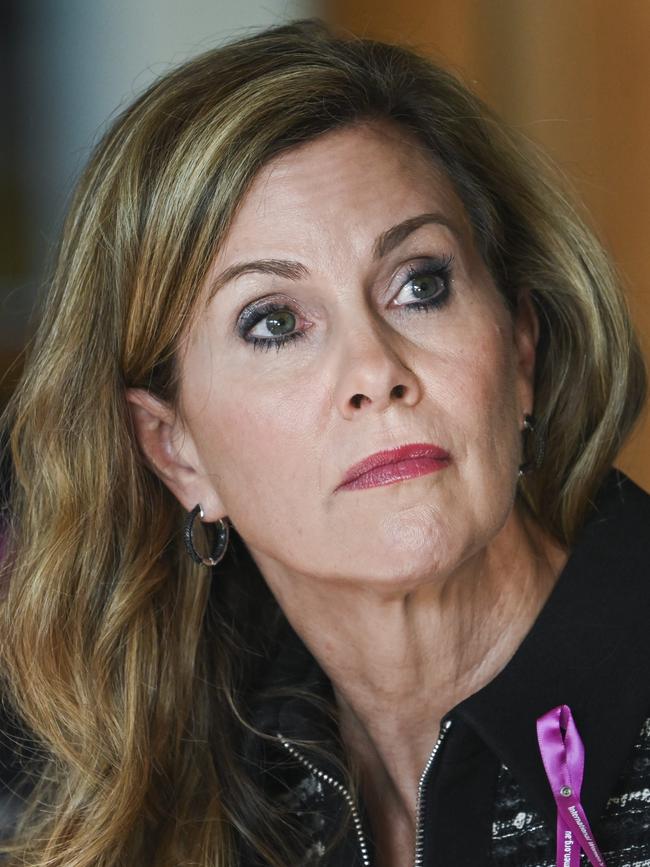
Faced with those fears, Kant did not argue that freedom of expression was desirable as a means to broader societal ends, such as allowing truth to prevail and encouraging progress, though he was convinced it would yield those benefits and more.
Rather, his claim was two-fold: that censorship prevents each person from having access to the facts that are indispensable for guiding intelligent action; and that the restrictions on expressing one’s opinions then compound the damage by prohibiting the free exchange of views without which we cannot learn not just to think but to think properly.
Censorship thereby limits the factual raw material for rational thought while curtailing the formation and continued development of the capacity for rational thought itself. That, in turn, forecloses the full flowering of the faculties with which each human being – from the meanest street urchin to the grandest monarch – is endowed.
The result is an “immaturity” characterised by “the inability to use one’s own understanding without guidance by another”. Its corollary is an infantile lack of judgment. Not having to defend our own views, and to confront unpleasant facts, we are not forced to take responsibility for our beliefs and moral judgments. And excused from having to critically evaluate the controversial views of others, we don’t develop the ability to “put ourselves in the position of everyone else, rising above the limitations of our own perspective”.
In short, for Kant, we can only think for ourselves by thinking with others, perfecting our own humanity, and coming to recognise the humanity of our interlocutors, by breaking preconceptions against the hard rock of facts and disputes. And thinking with others – the “one treasure which remains amid all the burdens of civil life” – is impossible without the fullest freedom of communication.
Kant never claimed life without censorship would be blissful. Unlike Jean Jacques Rousseau, who dreamt of a world where there was no gap between what is and what ought to be, Kant thought intellectual maturity – the emancipation of one’s faculties from submission – would inevitably require the steadfastness to stare horror in the face. It therefore takes “courage and resolve”: the courage to see what one is seeing, the resolve to work through it.
None of that means Kant considered all restrictions on the freedom of expression illegitimate. But even those that are eminently desirable (such as prohibitions on incitement to violence) must be determinate, that is not so vague as to be incapable of producing clear directives, consistently applied and verifiable in their presuppositions and consequences.
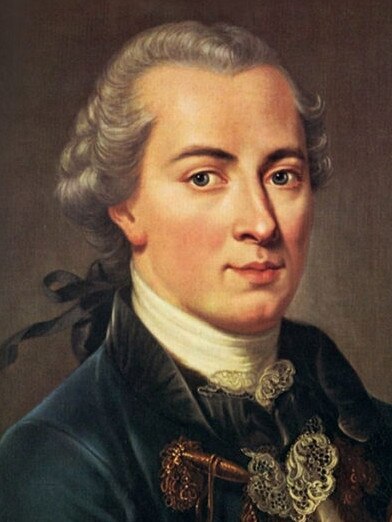
There are many issues with Kant’s formulation of his “principle of publicity”. But it is undeniable that he was the first to analytically spell out what we now consider the transparency and predictability elements of the rule of law. And he and his fellow “Aufklarer” were right in thinking that attempts, using laws that breach those principles, to “preserve public order by restraining the freedom of communication are no wiser than paving over the fields so that moles will not harm the crops” – the remedy destroys what it pretends to preserve.
Important as Kant’s precepts were in his day, they are surely even more important in ours. Prior to the emergence of democratic regimes, good judgment could be considered an aristocratic political virtue: in Plato’s Republic, it is only the philosopher-kings who require the ability to discern “the Good”.
But in a democracy, Oliver Wendell Holmes famously said, it is the people who have the right to “go to hell in a hand basket”. If they are kept clueless about the relevant facts and prevented from forming the capacity to make intelligent judgments, they can hardly steer the ship of state to safety.
Yet none of that seems to worry our government, or, for that matter, the eSafety Commissioner. Treating citizens as adults, who neither want nor need perpetual information tutelage, appears entirely removed from their goals.
And far from being subject to legislation that is determinate, predictable and verifiable, we are governed by censorship laws that suppress material, such as the video of the stabbing, whose distribution is arguably in the public interest, while being utterly ineffectual in addressing incitement to violence. Benighted rather than benign, the misinformation and disinformation bills will only compound the arbitrariness – and the chilling effect on the nation’s intellectual maturity – many times over.
Already now, this country has far more adolescent minds, cosseted from reality, incapable of critical thought and crippled in their capacity for moral judgment, than there are adolescents. What greater priority could there then be, as we celebrate the dawn of Kant’s fourth century, than to yell from the rooftops the glorious phrase he hailed as the “motto of enlightenment”: “Sapere aude! Dare to know!”

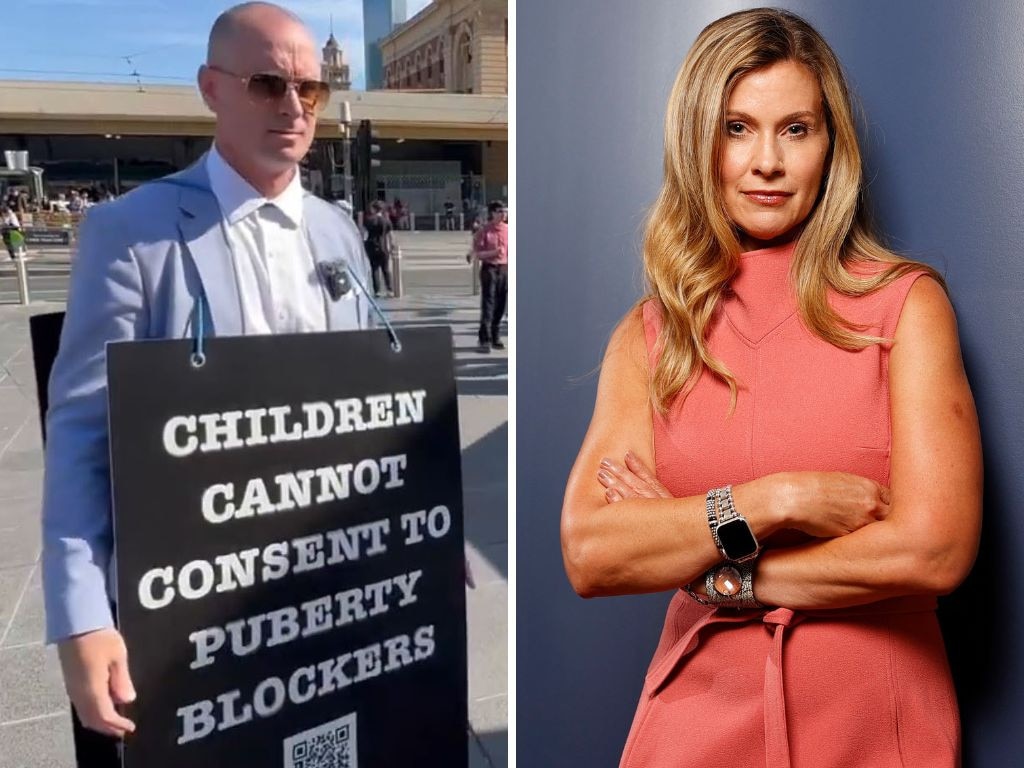
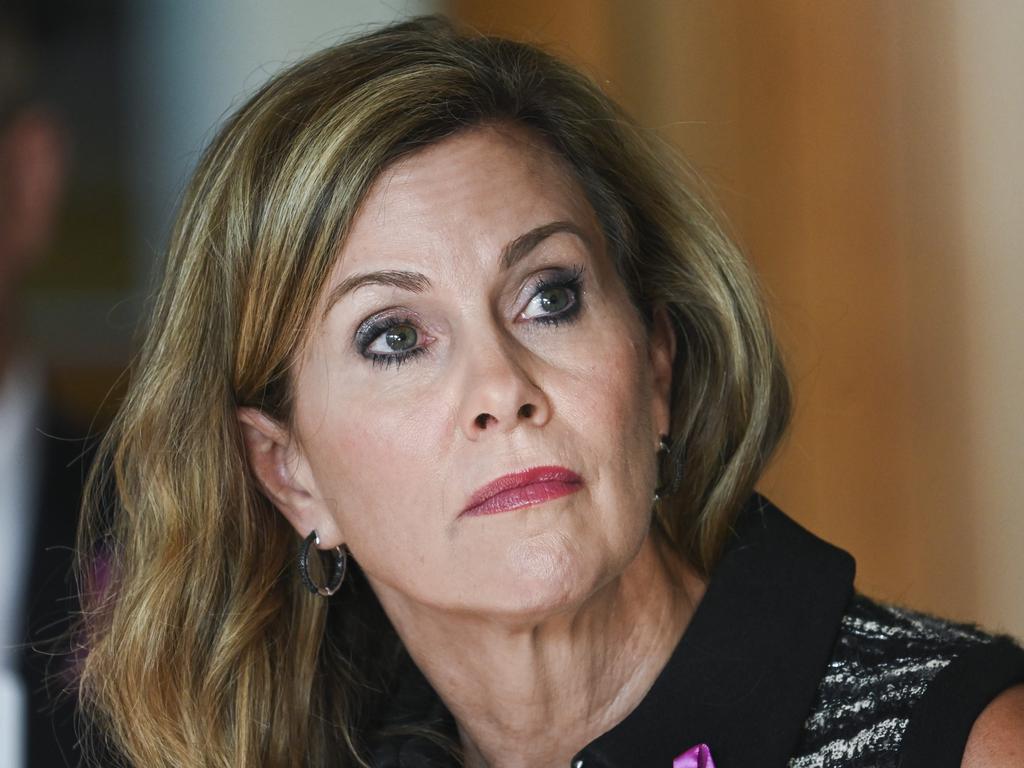



On April 22, while the rest of the world celebrated Immanuel Kant’s 300th birthday, our eSafety Commissioner obtained an order from Justice Geoffrey Kennett of the Federal Court directing X (formerly Twitter) to suppress any videos of the stabbing of Bishop Mar Mari Emmanuel at the Assyrian Orthodox Church in Sydney’s west.